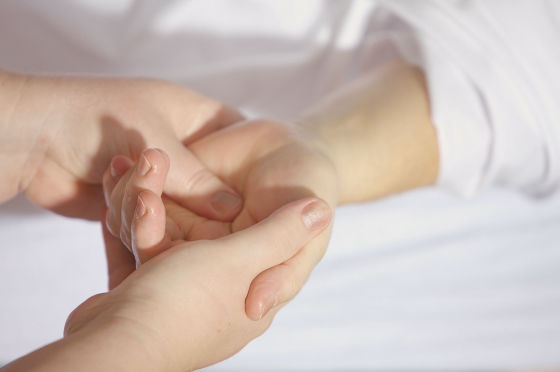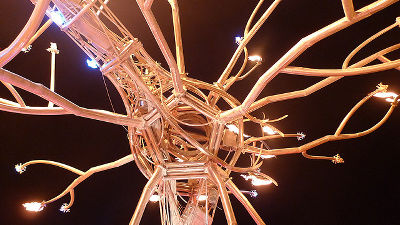The idea that a person's 'free will' is created not by one part of the brain but by 'network'

by geralt
New research is undertaken to challenge the traditional way of thinking "Neuropsychiatric symptoms have caused problems in one part of the brain". Researchers believe that free will is hampered by destroying "networks" consisting of multiple parts, not one part of the brain.
Lesion network localization of free will | PNAS
http://www.pnas.org/content/115/42/10792.short
Study looks at brain networks involved with free will | EurekAlert! Science News
https://www.eurekalert.org/pub_releases/2018-10/vumc-sla092618.php
How Brain Injuries Deprive People of a Sense of Free Will - Scientific American
https://www.scientificamerican.com/article/how-brain-injuries-deprive-people-of-a-sense-of-free-will/
In 2017, in order to analyze the function of the brain, a method called "Lesion network mapping" was published in which the brain damage site and the network of each region in the brain were superimposed. Ryan Darby, Associate Professor of Neurology at Vanderbilt University, is newly exploring the free will related to action decisions using Lesion network mapping.
Mr. Darby's work, conducted with researchers at Harvard Medical School, is a study of passive silent patients who do not have the motivation of utterance or action and patients with alien hand syndrome that they feel the body will move independently of their will It is intended for patients. Mr. Darby has been engaged in neurology for a long time, but it is not clear why the hands of patients with alien hand syndrome grasp things irrespective of their will, or arbitrarily remove the button of the shirt Hmm.
Alien hand syndrome occurs when the brain is obstructed by a stroke. However, even in patients reporting similar symptoms, the parts of the affected brain may be different. From this fact, researchers have thought about the possibility of "being affected by different parts of the same brain's network". In this study, we compare the site of the disorder of patients with alien hand syndrome and aka silent disorder with the "template network" of the brains of unaffected people.

by andreas160578
As a result, we found that the disorder of patients with alien hand syndrome is on the network connected to the wedge front . The wedge front is a part related to self-recognition and behavior selection.
And it turned out that patients with aka and silent disorder exist on a network centered on the anterior cingulate cortex related to spontaneous behavior. It is known from past research that these two networks also contain parts of the brain that change the subject's free will perception.
From this, researchers conclude that the free will to decide human behavior does not exist in a specific brain region but rather acts by a "network" consisting of multiple parts. When this network is destroyed, "recognition of will" can not be done.

by Pixource
Amit Etkin, Associate Professor of Psychiatry at Stanford University who is not participating in this research, said about this research, "This is a creative way of using decades of data, which made meaning before It is a new conceptualization to understand new things that did not exist, but now it makes sense. "
Related Posts:
in Science, Posted by darkhorse_log







